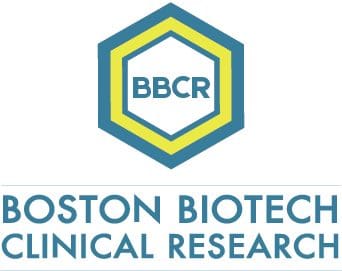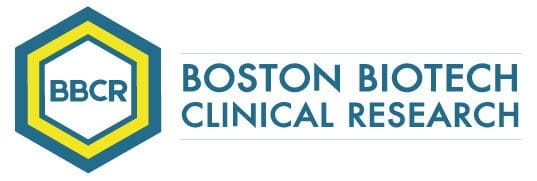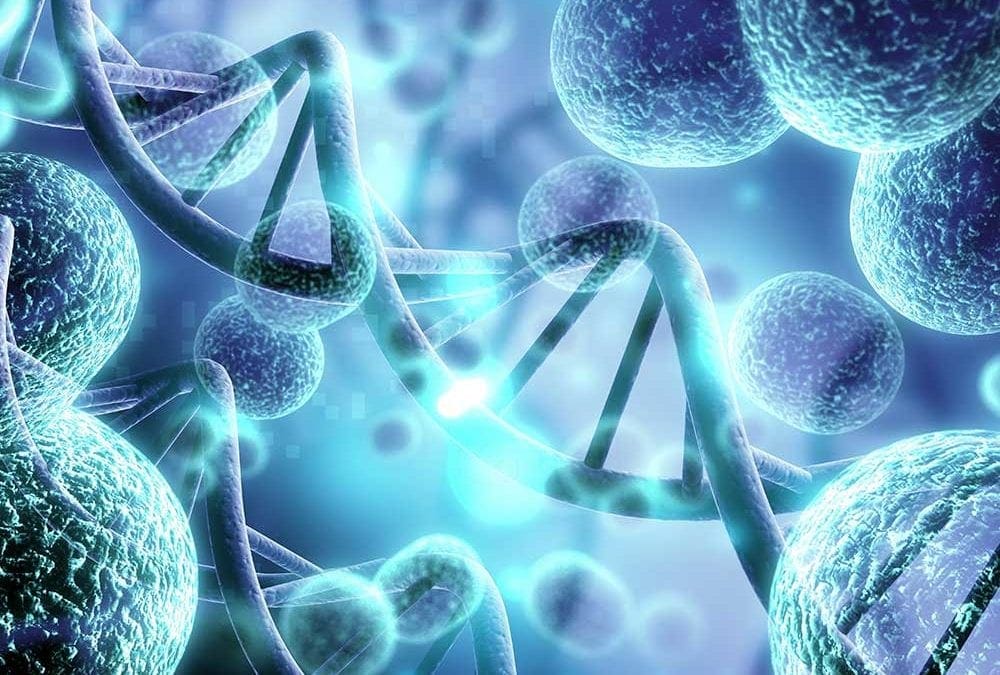From CAR T to CAR macrophage: The improvement of CAR cell therapy in solid cancer treatment
The Chimeric Antigen Receptor T (CAR T) cell technology is a revolutionary therapy and has shown promising clinical response in cancer treatment. In 2017, anti-CD19 CAR T cell therapy against B cell malignancies was approved by US FDA. However, the less efficacy against solid tumors has become the major limitation and challenge for applying CAR T cell therapy in cancer treatment.
To better address the obstacle, engineering CAR macrophage other than T cells has been applied in three different mouse cancer models (https://doi.org/10.1038/s41587-020-0462-y). Unlike T cells, macrophages recognize multiple proteins on the cancer cell membrane and penetrate into cancer cells. In two xenograft models, CAR macrophage showed antigen-specific phagocytosis and tumor clearance. CAR macrophage induced pro-inflammatory tumor microenvironment and dramatically activated anti-tumor T cells in the humanized mouse model.
In December 2020, Carisma Therapeutics Inc announced the clinical phase1, the first-in-human study of CAR macrophages to treat HER2 overexpressing solid tumors (NCT04660929). The primary outcome measure is to assess CAR macrophage’s safety and tolerability by estimating the frequency and severity of adverse events in subjects with HER2 overexpressing solid tumors. The secondary outcome measures include objective response rate (ORR) and progression-free survival (PFS). The study is expected to complete in February 2022.
# Solid #cancer #CART #CAR #macrophage #Clinicaltrial #ORR #PFS

Specializing in rare disease, Boston Biotech Clinical Research works with biotech, pharmaceutical, device companies and investors to streamline the clinical trial process. Our experienced team helps each client reach their specific goals by customizing a clinical and regulatory road map of simplified programs and streamlined protocols to meet our clients’ requirements.

